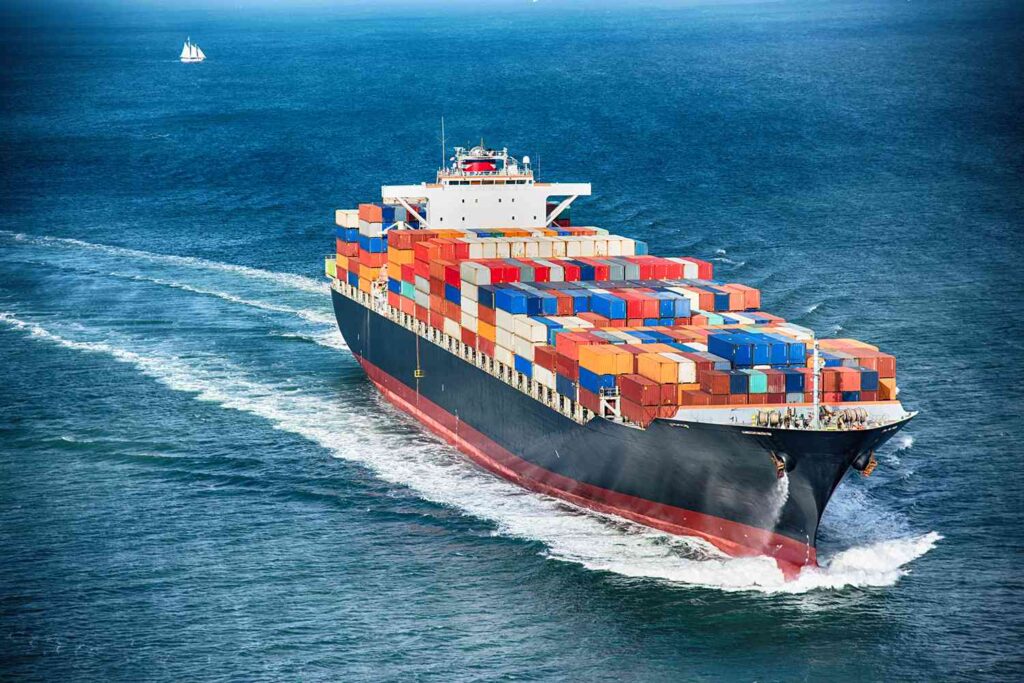The Nigeria Customs Service (NCS) fee for import duties saw an increase at the rate of 1,356.883 to the dollar.
Sources obtained from the Customs website yesterday morning showed that the exchange rate was adjusted from 951.941 Naira/$ in December 2023 to 1,356.883 Naira/$ in February 2024.
This is the 4th time after the Service began to implement the floating of foreign exchange rates by the Central Bank in July 2023.
The CBN adjusted the exchange rate from 422.30 Naira/$1 to 589 Naira/$1 afterwards to 770.88 Naira/$1 on July 6, 2023.
Also, The rate moved to 783.174/$1 in November 14th , it was further increased to 951.941/$1 by December 7th, 2023 and it is now at 1,356.883/$1
Business owners and importers have condemned the adjustment. Excluding the extortion importers and manufacturers face in the ports and the ever-increasing multiple taxes from government agencies.
The General of Customs Comptroller, Bashir Adewale Adeniyi, told the stakeholders that the NCS is not the Commission that fixes the exchange rate for imported goods clearance, they only update the system in line with the Central Bank official window.
He said the NCS was not responsible for the fluctuation of the exchange rate on the CBN window for Importation.
A licensed Customs agent, Tony Anakebe, condemned the high FX rates of naira to the dollar on import duties, saying how much in decrement they have witnessed in in the amount of imports.
Michael Ovien, a frontline Customs Broker said that the CBN has effected the change as of yesterday and that the high FX rate would have a bad effect on the cost of importation, affecting the cost of goods and services in the market.
A clearing agent, Chukwu Ikemefuna, said importers’ may end up leaving their cargoes at the ports because of the astronomical increase in the exchange rate.

What it implies in simple terms is that, if clearing agents have a Debit Note that has not been paid on the system or Pre-Arrival Assessment Results (PAAR) or they have given you the value and you have not captured, it has affected you directly.Whether you have collected your value or have a PAAR, if you have not done your assessment as of now, you can’t capture it with that old rate. Especially for the Roll On Roll Off (RORO) or those that are doing PAAR door to door. It’s a Federal Government policy. We stakeholders can’t do anything for now; but it’s the prerogative of the government to intervene and stabilise the foreign exchange market,”
Chukwu Ikemefuna said
CBN is currently doing an updated CRR mechanism from Daily Cash Reserve Requirement (CRR) debits to enhance banks’ capacity regarding planning and have their records aligned with the apex bank.
This was in the circular with reference number BSD/DIR/PUB/LAB/016/027 signed by the Acting Director of Banking Supervision department of the CBN, Dr Adetona Adedeji.
The circular was directed to banks, said the move was to sanitize deposits by the CBN of deposits as CRR would pass through two phases.
phase One – Utilisation of the Incremental Approach: The extant ratios (commercial banks 32.5 per cent and merchant banks 10 per cent would be applied to increases in the banks’ weekly average adjusted deposits
phase Two – CRR levy of 50 per cent of the lending shortfall will be enforced for banks that do not meet the minimum Loan to the to-deposit ratio (LDR) as per our correspondence to all banks referenced BSD/DIR/GEN/LAB/12/049 dated September 30, 2019.
CBN stated
The CBN will provide your bank with details of the applied charges and their underlying computation rationale,”







